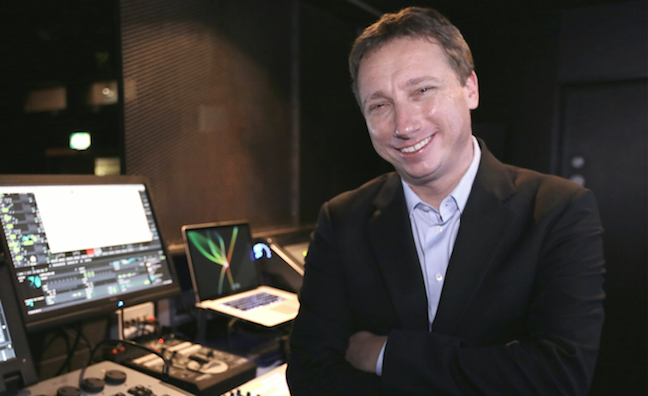Leading figures from dance music and clubs have backed the introduction of music recognition technology as part of the licensing process.
More dance music creators are set to receive royalties from performances of their music played by DJs in nightclubs, as PRS For Music and PPL expand their distribution policies to include data generated from the technology. The move will improve the accuracy of royalty distributions.
The policy changes come following a year-long nationwide pilot carried out by the two music rights organisations. The pilot tested the accuracy of music recognition technology and evaluated how the data gathered could be used to supplement existing distribution methods.
Members of both organisations will receive their first royalty payment from data collected and reported via music recognition technology in nightclubs this year.
A small device installed in participating venues analyses music played by DJs against a database of millions of recordings. PRS for Music and PPL then use this setlist information to distribute royalties back to the creators of those recordings and works.
Over 31 million seconds of music have been captured by music recognition technology in participating nightclubs so far, with up to 95% of all music played successfully reported back.
The two organisations are now calling for more venues to adopt the devices and encourage members to upload their recordings and metadata to chosen tech partner, DJ Monitor.
Lohan Presencer (pictured), chairman, Ministry of Sound, and an ambassador for the project, said: “We are wholly supportive of music recognition technology going into bars and clubs so that the right people get paid. This is in no means a threat to venues themselves because they’re already paying the licence fee and the licence fee that they’re paying is the same amount of money regardless of what is being tracked in their clubs. This is for the benefit of the creators and it’s important that bedroom DJs, bedroom songwriters and small independent creators get paid properly for their music.”
DJ, producer and presenter, B. Traits, said it was "really important" for clubs to back the project.
Simon Dunmore, founder, Defected Records, said: “Music is very important in people’s lives. We're all enriched by the music that we love, whether it's music that you dance to or music that's just really personal to you. So, I believe that someone responsible for that should get their due reward. Clubs and venues incorporating music recognition technology will increase the creativity within the scene which means that our lives will be even more fulfilled.”
Claire Jarvis, director of membership, PRS for Music, said: “PRS for Music and PPL play a vital role at the heart of the music industry, ensuring music creators are paid fairly when their music is played in public. As the industry evolves, we are constantly innovating to adapt. DJ sets are spontaneous and varied, changing from gig to gig, which can make it difficult for DJs to tell us what they play. Now, working alongside bars, clubs and events across the country, music recognition technology is helping to improve the way that music creators are paid when their music is performed in clubs.”
Peter Leathem, chief executive officer, PPL, added: “PPL prides itself on being at the forefront of technological innovation within the music industry and this music recognition technology pilot exemplifies how we are trying to continually improve our service to members. This initiative will further support PPL and PRS for Music in identifying the music being played in the venues participating in the pilot even more accurately.”










